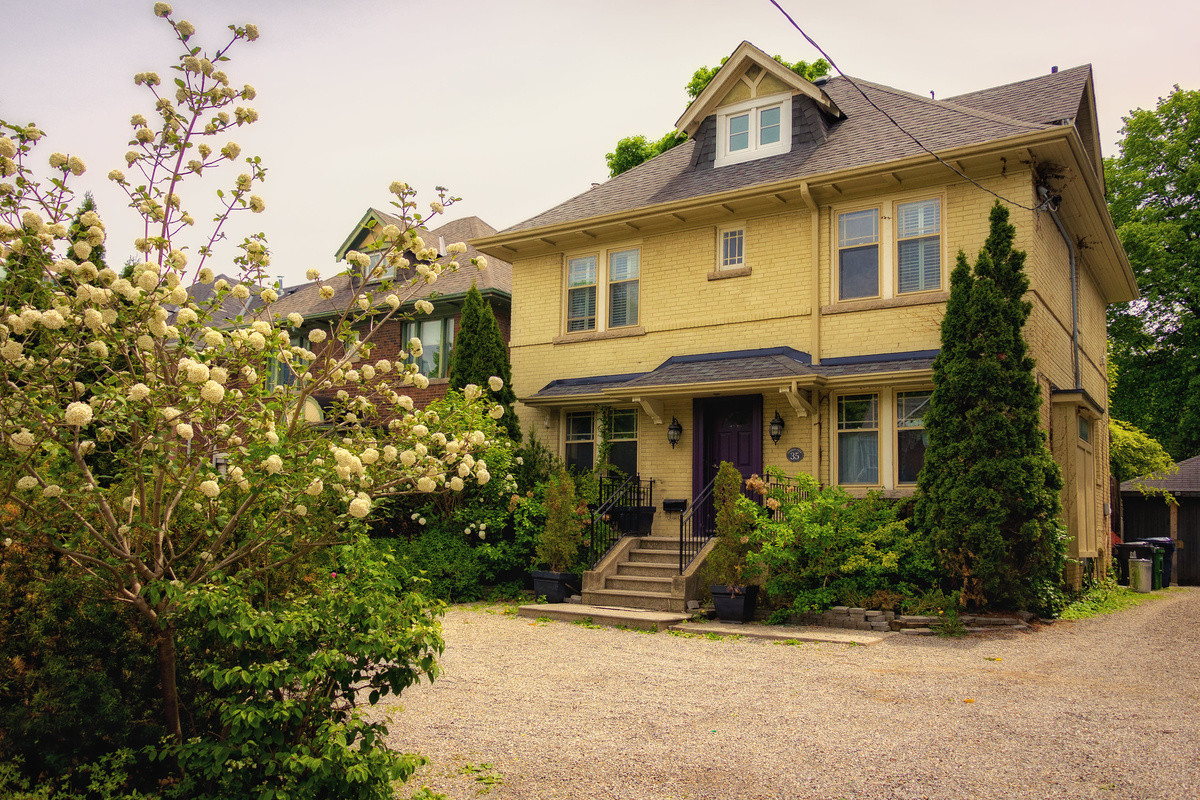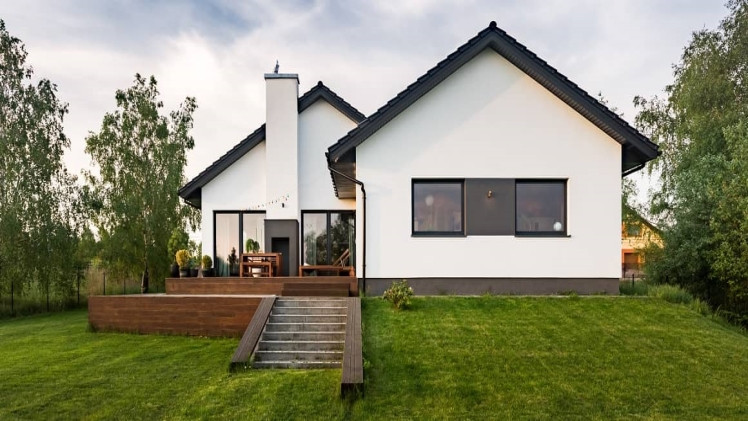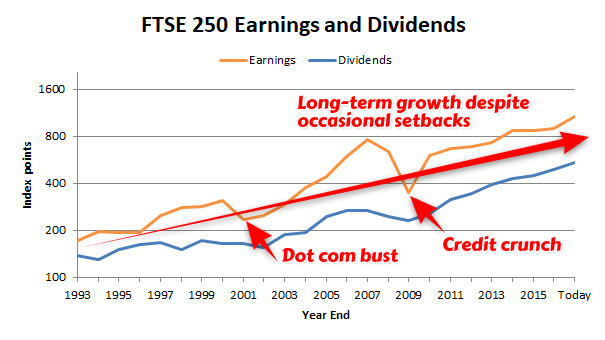Toronto's real estate market has cooled somewhat in recent months, but prices haven't dropped as much as many expected. A new report sheds light on one factor keeping prices high: renovations.
RE/MAX's analysis of the detached housing market in Toronto and Vancouver reveals that single-family homes are increasingly becoming a rarity. The dream of owning a house with a yard persists, but dwindling supply and high-density complexes are driving up prices.
The report highlights the trend of homeowners investing heavily in renovations. With a significant portion of the GTA's housing stock built before 1960, renovations are a common occurrence for those who can afford them. These renovations are driving up property values across entire neighborhoods, especially in areas like Parkdale, Trinity-Bellwoods, College St. West, East York, Leslieville, and St. Clair West.
A Growing Trend
Spending on home renovations has continued to rise nationally despite the pandemic and the subsequent economic downturn. From 2019 to 2023, renovation spending was eight per cent higher than in the previous five years. This trend was particularly pronounced in Toronto and Vancouver, where construction activity for new single-family dwellings dropped by 24 per cent over the same period. Construction for condos in both cities, however, soared by 60 per cent.
The Impact of Renovations
RE/MAX experts emphasize the significant impact of renovations on housing values: "Revitalization remains one of the most underestimated factors behind escalating housing values." This trend is expected to continue, driving prices up across the single-family home sector as neighborhoods become more gentrified and redefined by upgraded homes.
The Vancouver Phenomenon
Vancouver is also seeing a similar trend of renovations driving up home prices. A new report from Re/Max shows that the average cost of a single-detached home in Metro Vancouver was $1.96 million in December 2023, up from $1.42 million in December 2019, an increase of 38 per cent.
The report notes that homeowners spent roughly $60 billion on home renovations in 2023, contributing to the rise in detached home prices. "Renovation and revitalization is having significant implications for housing supply and affordability," said Christopher Alexander, president of Re/Max Canada.
A Changing Landscape
The report also points to densification and gentrification as contributing factors to rising costs. Red tape and zoning restrictions have made it difficult to subdivide larger lots in Vancouver, despite the city's push for higher density. As a result, many of Vancouver's typical 33-foot lots are being filled with "front and back duplexes," a trend that is expected to continue.
The Future of Detached Homes
The trend of renovations and densification is expected to continue in both Toronto and Vancouver. This will likely make it even more difficult for people to purchase detached homes, further driving up prices and making single-family homes a rare commodity.
The report concludes that the rising cost of housing, coupled with the limited availability of detached homes, is likely to exacerbate the housing affordability crisis in both cities. As a result, more and more people may be forced to consider alternatives such as condos, townhouses, or multi-generational homes.
The Unforeseen Consequences of Renovations
The trend of renovations, while boosting property values, also has unintended consequences for affordability. It creates a cycle of escalating prices that can push out long-time residents and create a more divided housing landscape. As more and more people are priced out of the market, the gap between those who can afford to renovate and those who can't will widen, creating a more unequal and less diverse housing market.
The rising cost of housing and the scarcity of single-family homes are complex issues with no easy solutions. However, understanding the role of renovations in driving up prices is a crucial first step towards addressing this challenge. As the housing market continues to evolve, it's important to consider the long-term implications of these trends and work towards creating a more equitable and affordable housing market for all.



















